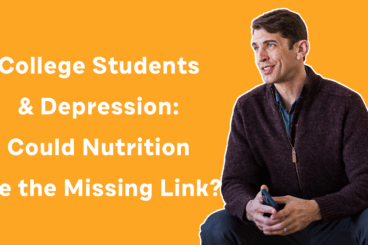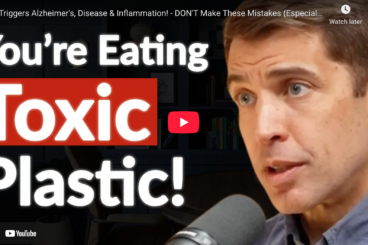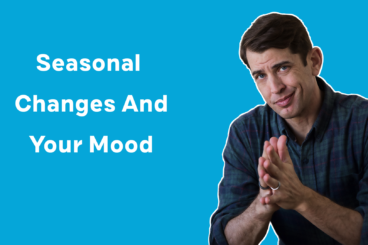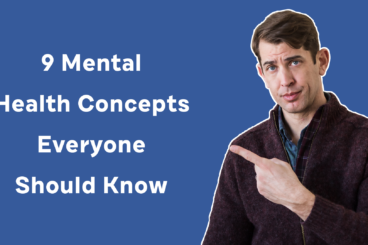Table of Contents
Talk to someone
Let’s look at all the different treatments for depression. Maybe you’ve been having a low mood and you’re wondering if you have depression or maybe you have a diagnosis and are in treatment. Before diving into the treatments available, most importantly, if you’re struggling with your mood, I highly recommend you speak to a mental health specialist. A mental health specialist is could be a psychiatrist, psychotherapist, psychologist, social worker, pastor of a church etc. It is someone who knows the way around mental health and can help you sort through decisions in terms of your mood and what your treatment options are.
Psychotherapy
The first treatment category is psychotherapy, also known as talk therapy. This is when you are sitting and talking about your inner world and your experience of your inner world. Usually this is individual. Sometimes this is in groups which can be helpful. There are all kinds of great examples of groups that you can find and join in your community that can help with your mental health. Psychotherapy falls into two broad categories: exploratory and structured therapies.
Exploratory therapies are where you’re speaking what’s on your mind. These are often based in psychoanalytic or what are called psychodynamic principles. Basically, the idea that we have an unconscious and our development really affects us.
There are also more structured therapies which really focus in on a few issues. Some of these, like cognitive behavioral therapy, have a tremendous amount of evidence and can help with depression and anxiety. Interpersonal psychotherapy focuses on areas like transitions and trauma and can help with anxiety and depression. All to say there are a lot of different types of talk therapies. What’s most important is a good fit. With all the telepsychiatry and teletherapy happening, you can find a therapist that is a good fit for you, what you’re struggling with or thinking about. Talk therapy is my favorite way to treat and think about depression. I’ve been in psychotherapy and psychoanalysis for a long time, and it’s probably what I spend most of my time as a psychiatrist doing.
Medication
The second category is medication. There is so much misinformation, so much stigma and so much evidence. I use medications throughout my career to help a lot of people with mood disorders. The bottom line is that there are a few categories of medications everybody should at least think about if you’re struggling with your mood, experiencing irritability or having more severe depressive symptoms including suicidal thoughts. Medications can really be helpful to a lot of different people. There are a bunch of different categories of antidepressants and the ones we usually hear about are selective serotonin reuptake inhibitors or SSRIs for short. These are medications like Prozac, Zoloft, Lexapro and Paxil. There are lots of different medications that are dual mechanism agents which focus both on serotonin and norepinephrine. All medications come with a nice list of benefits as well as potential side effects. Not everybody gets side effects from medications, but it’s something you want to consider. Some of these medications have side effects that can be severe. I suggest talking to somebody who knows their way around psychopharmacology and knows their way around these medications. There are also some supplements like St. John’s wort, omega-3 fats, saffron, and magnesium that have some data they can help with mental health and with depression specifically. My only concern about these is because they’re over-the-counter, people bypass speaking with somebody about their mental health concerns. As a clinician, I really think that speaking with someone is such an important first step.
Lifestyle Interventions
The next category is lifestyle interventions. This category has really come a long way in terms of the evidence. The lifestyle intervention I know the most about is Nutritional Psychiatry. These are food interventions to improve your mood. With Nutritional Psychiatry we take away the foods that we know contribute to depression, brain inflammation, and a lot of symptoms that are involved with depression. We also increase the number of foods that we know have some antidepressant nutrients in them and have been linked to improving things like brain growth.
All lifestyle factors contribute to what we call Mental Fitness in our clinic. These are things that you do in your everyday life to maintain your Mental Fitness. Sometimes that’s not going to completely treat a depression, but for a lot of people with low moods, improving factors in your life can improve Mental Fitness. We focus on sleep. We focus on nutrition. We focus on your overall daily lifestyle and things that you do that can have an antidepressant effect.
That brings me to the second lifestyle intervention, sleep. Sleep is a huge factor when it comes to our mood and getting at least eight hours of good quality sleep is very important. For most people, that’s nine hours in bed. Another lifestyle intervention is social connection. A lot of times depression makes us socially isolated. Connecting can just start with a close friend. It can start anonymously going to a group and just listening or going to church. But connecting yourself with others is a very important aspect of battling depression and insulating yourself against it.
Confirm this
There are a couple other treatments I want to mention in terms of depression. The first is transcranial magnetic stimulation. This is a magnet helmet that uses very specific magnetic fields to stimulate or suppress certain areas of the brain. There is a lot of evidence that this can be helpful in depression and in several mental health disorders. This stems from the data that supports electroconvulsive therapy or convulsive shock therapy. It is a very efficacious treatment that works for a lot of people, but there’s a lot of stigma so it’s not really used that as much. TMS is a version of that which does not produce a seizure and there is some good data to look into.
New Wave of Medications
The last category is a new wave of medications, psychedelic medicines and rapid acting antidepressants. The rapid acting antidepressants are IV ketamine and nasal ketamine. There’s a lot of interesting data and some concern about how long they can last. But again, those are under the of medications. They work quickly and they involve psychotherapy. So one of the things, for example, about psilocybin is there have been two studies to date showing they really can work, potentially in depression. It’s really important to emphasize those therapies have about 10 to 15 hours of talk therapy embedded in them, so you can process the experience wherever you are on the spectrum of your mood.
Whether you’re having some symptoms, you have a family member with depression, or you, yourself have clinical depression, I hope you hear my encouragement. There are a lot of different treatments for depression, and there are a lot of different things to explore. Finding the right fit? It’s frustrating. Sometimes it takes a little while, but depression is a very treatable illness. I really encourage you to take some first steps, partner with someone that you trust to have a good fit with; and I wish you the best in this journey.



